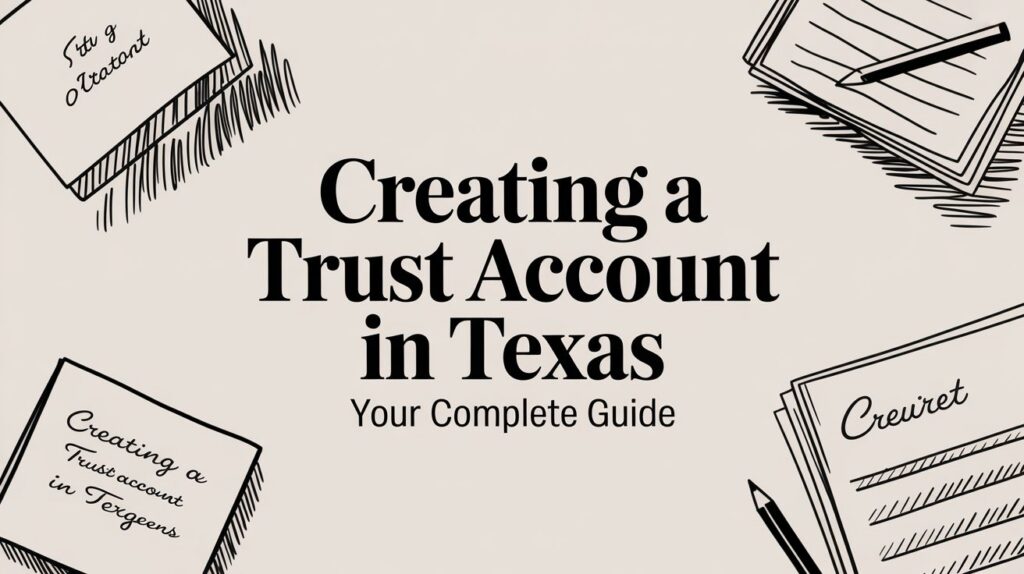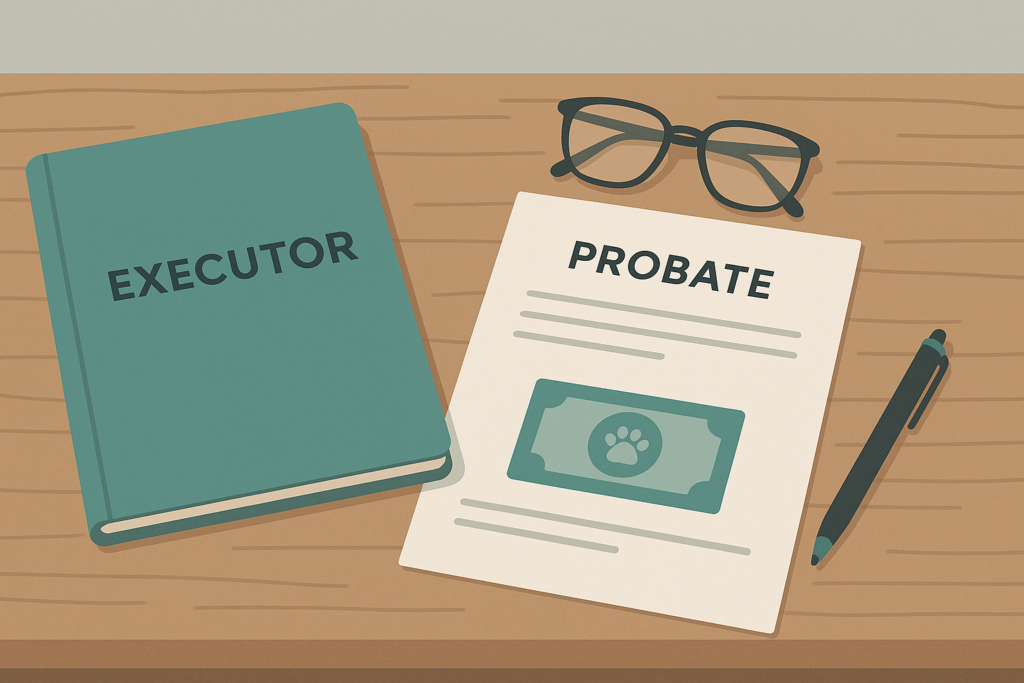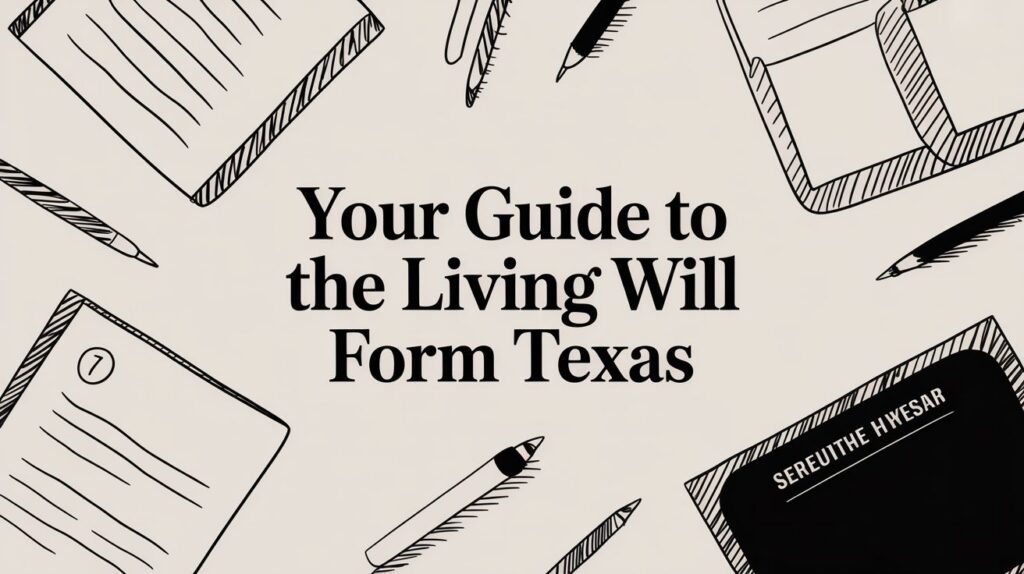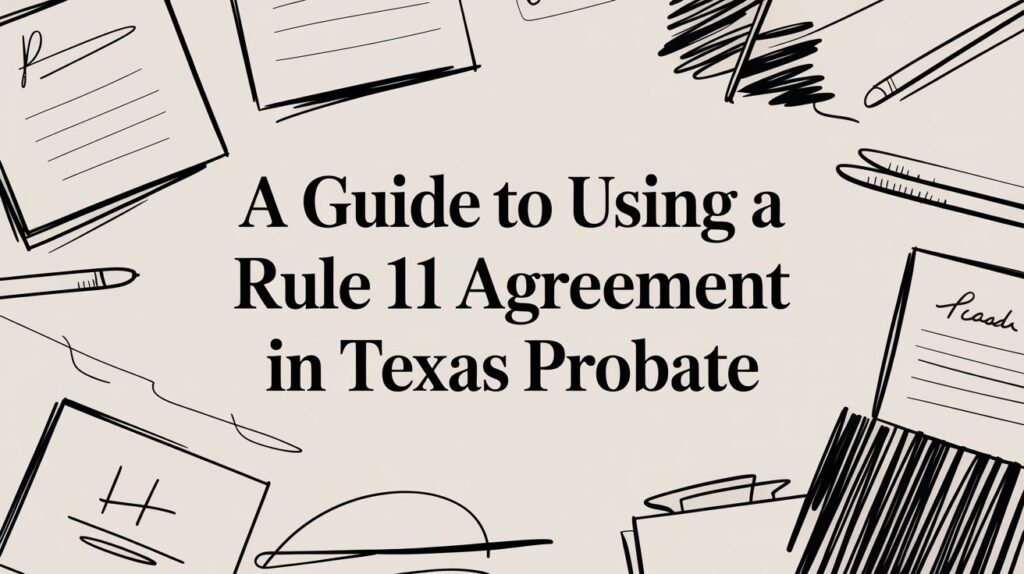Navigating the probate process can feel overwhelming—especially when you’re unsure what a probate judge can or cannot do. If you’re currently involved in a probate case, either as an heir, executor, or interested party, understanding probate judge authority and its key limitations is essential. These judges play a pivotal role in estate administration, but their power is far from unlimited. Recognizing where their control begins and ends can prevent confusion, missteps, and unnecessary delays in your case.
In this in-depth guide, we’ll explore what a probate judge can decide, where their power ends, and how real-life families have navigated both their authority and the boundaries around it. Through practical examples, plain-language explanations, and an analytical breakdown, you’ll walk away with a clear grasp of probate judge authority and its key limitations—and how it impacts your probate journey. The better you understand the rules, the more effectively you can advocate for yourself or your loved ones inprobate court.

What Is a Probate Judge?
The Gatekeeper of the Probate Courtroom
A probate judge is a judicial officer who oversees cases involving the administration of a deceased person’s estate. Their primary duties include:
- Validating wills
- Appointing executors or administrators
- Supervising the distribution of assets
- Resolving disputes among heirs or beneficiaries
- Ensuring taxes and debts are paid appropriately
But their job doesn’t stop at rubber-stamping documents. In many cases, a probate judge has to make tough calls about intent, legality, fairness, and procedure. Their decisions often shape the final outcome of an estate, making their role both powerful and nuanced. Still, as powerful as that may seem, probate judge authority and its key limitations are structured by both state law and procedural court rules.
Probate Judge Authority: What Can They Legally Do?
Enforcing the Will
One of the most fundamental powers under probate judge authority is validating and enforcing a will. If a will is presented for probate, the judge will:
- Ensure it meets the legal requirements
- Determine whether it’s the most recent valid version
- Admit the will to probate
- Appoint the executor named in the will
Judges can also interpret ambiguous language in the will. For instance, if a will says, “Leave everything to my children,” but the decedent had both biological and stepchildren, the judge may have to decide who qualifies.
Resolving Heirship and Beneficiary Disputes
In many families, probate gets messy fast. When disagreements arise, such as over who should inherit or whether a will was signed under duress, probate judge authority includes settling those issues. This may involve:
- Hearing testimony from witnesses
- Reviewing medical records for capacity challenges
- Evaluating claims of fraud or undue influence
The judge’s ruling is legally binding unless it is appealed to a higher court.
The Power to Remove or Replace Executors
When Executors Fail Their Duties
An executor (or administrator, if there’s no will) is responsible for managing the estate. But sometimes they don’t act in good faith—or they simply aren’t capable of doing the job. A probate judge has the power to:
- Remove an executor who breaches fiduciary duty
- Replace them with a more suitable individual
- Freeze estate assets if mismanagement is suspected

This is one of the most critical aspects of probate judge authority and its key limitations. While the judge can remove someone for cause, they can’t do so arbitrarily. Solid evidence must be presented.
Real-Life Case: The Missing Inheritance
In one Florida probate case, an executor failed to account for over $200,000 in estate funds. The judge stepped in, ordered a forensic audit, and removed the executor. The judge then appointed a neutral third party to handle the estate. This shows how probate judge authority serves as a safeguard when estate administration goes off the rails.
Authorizing Estate Transactions
Selling Property and Settling Debts
Another core part of probate judge authority involves approving major financial decisions. This includes:
- Allowing the sale of real estate or business interests
- Approving large distributions to heirs
- Settling with creditors
- Approving final accountings before the estate closes
In cases involving minors, incapacitated heirs, or large estates, these decisions are even more scrutinized. Judges must ensure actions taken are in the best interest of the estate—not just what’s convenient for the executor.
Probate Judge Authority and Its Key Limitations
They Can’t Rewrite the Will
One of the biggest limitations on probate judge authority is this: they cannot change or override a valid will. If the will says the house goes to Uncle Bob, the judge can’t decide to give it to Cousin Mary instead—even if it seems unfair.
Their role is to enforce the document, not revise it. The only time they may alter the outcome is if they rule that the will is invalid or unenforceable due to issues like:
- Lack of capacity
- Forgery
- Undue influence
Otherwise, the judge must follow the instructions to the letter—even if the family objects.
They Can’t Act Outside Statutory Limits
Bound by State Law
Every probate court operates under the authority of its state’s probate code. These laws set the boundaries of what a probate judge can and cannot do. Some examples of statutory limitations include:
- Distribution formulas for intestate estates (where there’s no will)
- Deadlines for creditor claims
- Guidelines for notification of heirs
- Procedures for contesting a will
So, if you’re hoping the judge will allow a shortcut or bend the rules in your favor, it’s unlikely. Probate judge authority and its key limitations are tightly interwoven with the law, and judges are expected to adhere to that framework precisely.
They Can’t Offer Legal Advice
Neutrality Is Mandatory
One area that often confuses families is the judge’s refusal to help them understand what to do next. While a probate judge has broad authority in their courtroom, they cannot offer legal advice to either side.
Their role is to:
- Interpret the law
- Rule on motions and objections
- Ensure fair proceedings

But they can’t tell you how to fill out a form or suggest what your next legal step should be. That’s where hiring a probate attorney comes into play. Understanding this division is key when navigating probate judge authority and its key limitations.
They Can’t Ignore Procedural Rights
Due Process Matters
Even if a judge suspects wrongdoing, they must still follow proper procedures. For example, if an heir disputes a will, the judge can’t deny them a hearing. All parties have a legal right to:
- Be notified
- Present evidence
- Cross-examine witnesses
- Appeal decisions
Skipping any of these steps could cause a higher court to reverse the judge’s decision. That’s why probate judge authority has a built-in system of checks and balances. It ensures fairness, even in emotionally charged family battles.
Common Myths About Probate Judges
Myth #1: The Judge Controls the Outcome
Reality: The judge enforces the law and the terms of the will. They don’t decide who gets what unless the will is unclear or absent.
Myth #2: The Judge Can Speed Things Up
Reality: Probate follows a legal timeline. While a judge can move things along if parties cooperate, they can’t ignore statutory waiting periods.
Myth #3: The Judge Can Resolve Every Conflict
Reality: Some conflicts, especially personal or emotional ones, fall outside the court’s scope. Mediation or family counseling may be more appropriate in these cases.
How to Work Effectively With a Probate Judge
Tip 1: Be Prepared and Professional
Judges appreciate parties who are organized, respectful, and timely. Showing up late or unprepared won’t win you any favors.
Tip 2: Follow Court Procedures
If the court requires you to submit an inventory, accounting, or notice—do it on time. Probate judges don’t tolerate delays caused by negligence.
Tip 3: Get Legal Help When Needed
Don’t expect the judge to walk you through the process. If your case involves contested wills, minor beneficiaries, or complex estates, consult an attorney.

Real-Life Story: When the Judge’s Hands Were Tied
In a Georgia probate case, a granddaughter contested her grandfather’s will, claiming her uncle had influenced the elderly man in his final days. She asked the judge to remove the uncle from the will. But because the document was properly executed and no legal proof of coercion was provided, the judge ruled in favor of the uncle. As much as he sympathized with the granddaughter, the judge’s authority had legal limits he couldn’t cross.
This example illustrates a key point: probate judge authority and its key limitations exist to preserve justice, even when emotions run high.
Final Thoughts: Respecting Probate Judge Authority and Understanding Its Boundaries
Probate court isn’t about fairness in the emotional sense—it’s about legal fairness. Judges are there to ensure that the estate is handled properly, the will is honored, and the law is upheld. Understanding the authority and limitations of probate judges helps manage expectations and prepares you for the reality of the process.
From validating wills and settling disputes to removing executors and protecting heirs, probate judges hold significant power—but that power comes with strict limits. They can’t change the will, act outside state law, or offer advice. What they can do is enforce the law fairly and consistently.
So, whether you’re an executor, a beneficiary, or someone thinking about your own estate plan, knowing probate judge authority and its key limitations is not just helpful—it’s empowering.








